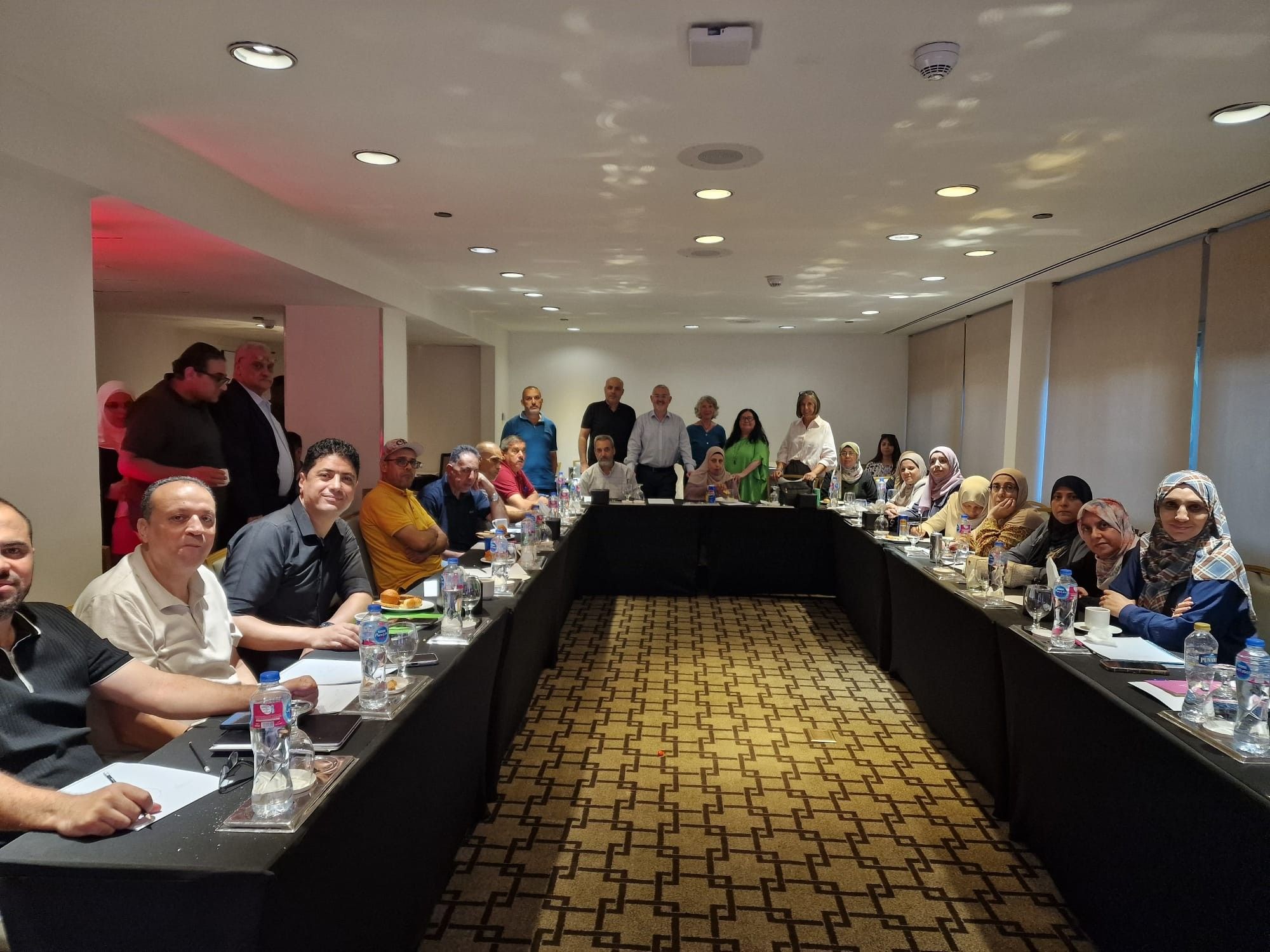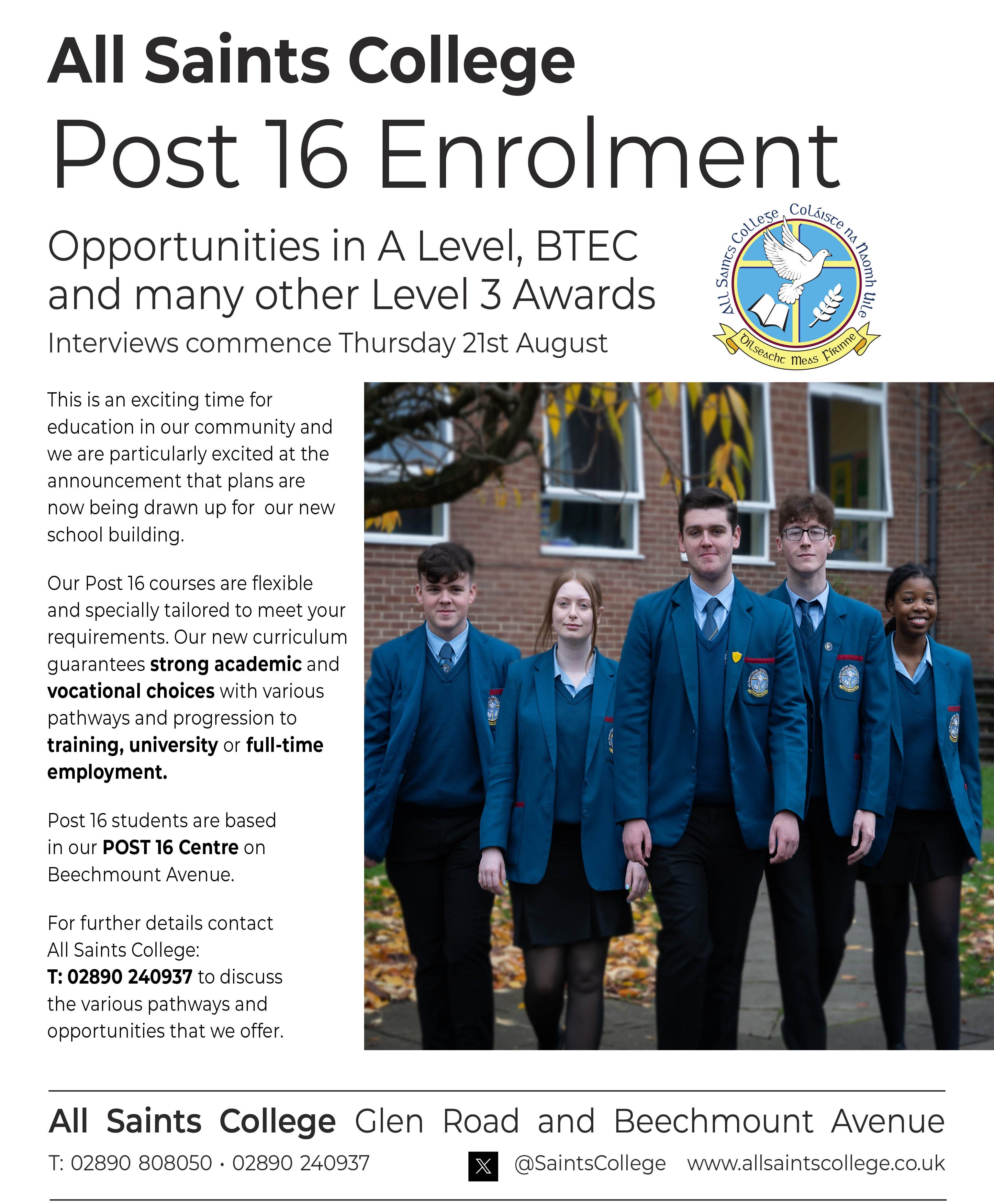WHEN Egyptian authorities denied travel visas to 40 teachers exiled from Gaza who were planning to attend a special training course at Queen’s University Belfast, it was feared that the much-anticipated initiative would have to be scrapped.
Until that is the QUB team decided to flip the script by sending, at short notice, their top educators to deliver the programme in-person to the Palestinian teachers.
It had been initially planned to bring 40 educators from Gaza to Belfast for a seven-day intensive course focused on capacity building within the Palestinian education system.
The programme was organised in partnership with Forward Thinking and St Mary’s University College
Across the Programme, participants will explore the theory and practice of trauma-informed pedagogy, which recognises the impact of trauma on students.
Participants will also examine how the aims of education and educational debates can be applied to the context of conflict-affected societies.
Dr Ryan Feeney, Vice President of Governance & External Affairs, and Registrar at Queen’s University Belfast, said: “Queen’s holds University of Sanctuary status and has a long-standing commitment to supporting education in conflict-torn regions, demonstrated through our partnership with the Council for At Risk Academics (CARA), our Copty Scholarships for Palestinian students, and by sharing expertise gained from Northern Ireland’s own journey towards reconciliation. This visit reflects our belief in the transformative power of education to heal, rebuild, and offer hope for future generations.
“It is essential that there is ongoing international engagement now on how to rebuild the Education system in Gaza post-conflict. It was our hope to facilitate this Programme on our campus in Belfast; however, the complications with visas meant this was not possible, and we will attempt to do this again later in the academic year.”
The Queen’s delegation visiting Cairo brings world-leading expertise in education in divided and post-conflict societies. Collectively, their research and policy engagement have helped shape education reform in Northern Ireland and internationally, addressing issues such as integration, shared education, social cohesion, and the role of curriculum in reconciliation.
The ideas exchange with Palestinian educators comes as they consider the monumental challenge of rebuilding and sustaining an education system under the pressures of ongoing conflict, and help inform educational priorities in a future Palestinian state.
Professor Peter Finn, Principal at St Mary’s added: “At St Mary’s University College, we feel privileged to make a small contribution to the process of rebuilding and shaping of education in Palestine. Our focus is on the role of teachers and teacher education as well as community based educational initiatives and international outreach in offering some hope to a place which has been devastated. We are very conscious of the humanitarian catastrophe in Gaza and the fact that thousands of innocent children have been killed.
“Our approach is inspired by the thinking of Nelson Mandela about education. Mandela recognised education as ‘the most powerful weapon which you can use to change the world.’ We do not underestimate the scale of the education challenge in Palestine and we know there are no ready-made solutions, however this collaborative initiative of Queen’s University and St Mary’s University College is based on the most precious human value of hope.”





